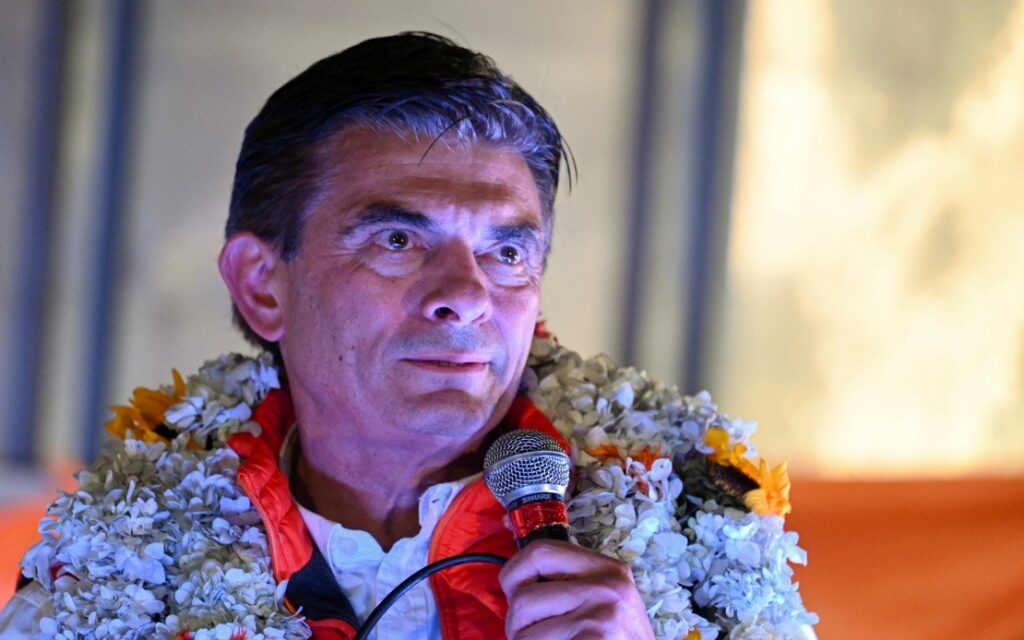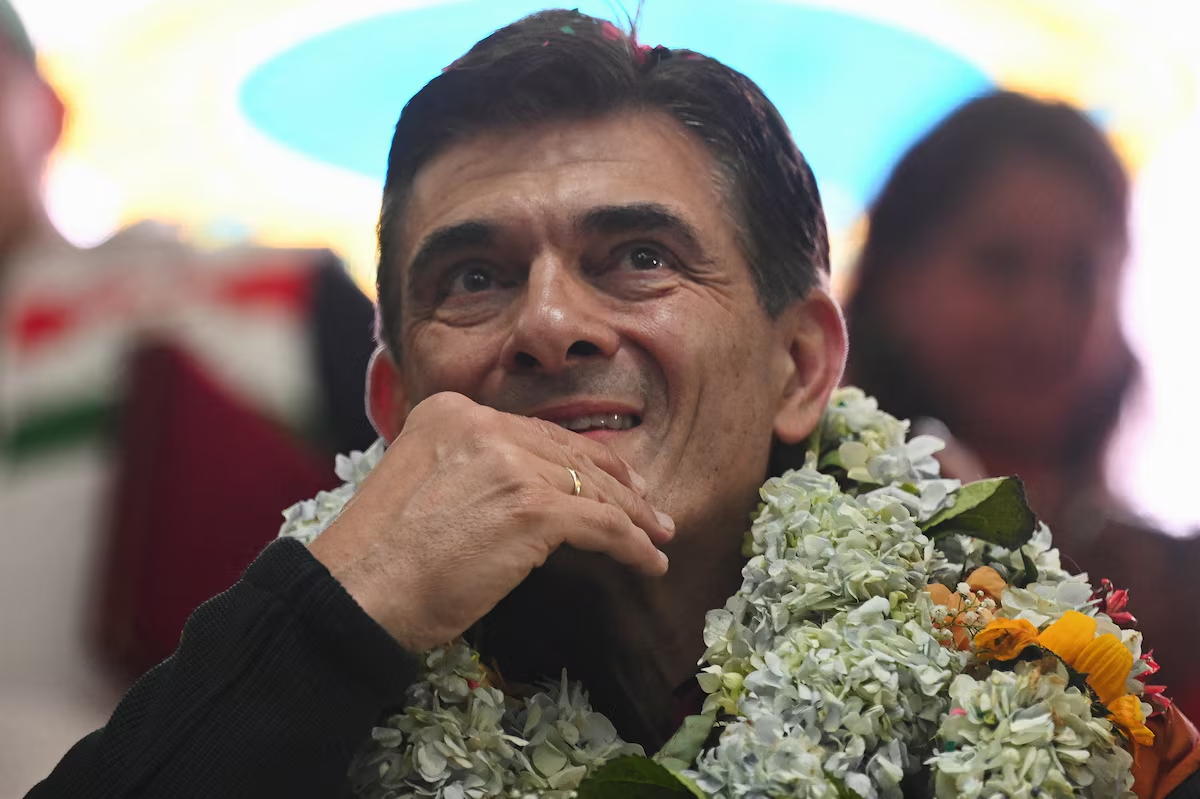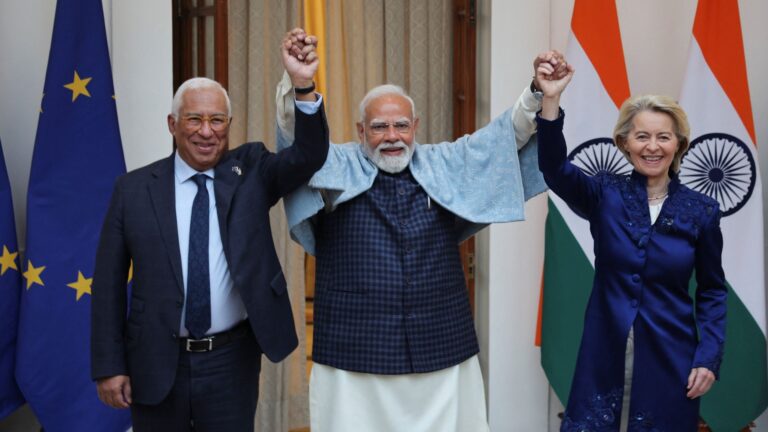
Bolivia has entered a new political era with the election of its new leader, whose victory has drawn praise from regional and global leaders. The transition marks a turning point for a country long marred by political unrest and economic challenges, raising hopes for stability and reform.
The Leader at the Center of Change in Bolivia
Paz is the son of a former Bolivian president, and his great-uncle also served as the country’s president. Paz’s early career included diplomatic roles, such as working as a commercial attaché at the Bolivian embassy in Spain. From 2002 to 2010, he represented the Tarija region as a member of the Chamber of Deputies for the Revolutionary Left Movement (MIR). He served as mayor of Tarija from 2015 to 2020. In 2020, he was elected senator for the region under the Civic Community alliance.
Three months ago, Rodrigo Paz was a relatively unknown opposition senator in Bolivia. He was best recognized for being the son of a prominent political figure and for his mixed-record tenure as mayor. Now he’s the first conservative to win a presidential election in the country in 20 years.
Bolivians have elected Rodrigo Paz of the Centre-right Christian Democratic Party (PDC) as their new president, ending almost 20 years of governance by the Movement for Socialism (MAS) party.
In October 2025, Bolivia’s new leader, Rodrigo Paz, received international praise following his victory in the country’s presidential runoff election. The centrist senator defeated his rival, Jorge “Tuto” Quiroga, with 54.6% of the vote.
U.S. Secretary of State Marco Rubio congratulated Paz and stated that his victory represents a “transformative opportunity” to rebuild relations between the two countries, focusing on areas like investment, immigration, and security. Paz has also pledged to attract foreign investment.
An EU spokesperson welcomed the election as a sign of democratic renewal in Bolivia and offered support for the country’s democratic institutions. Leaders across Latin America, including centrist presidents from Chile and Peru, congratulated Paz on his victory. They also expressed readiness to collaborate with him on key regional issues. Left-wing governments, accustomed to dealing with the Movement for Socialism (MAS) party, reacted with mixed responses.

Challenges Ahead
Paz faces the daunting challenge of steering Bolivia through a deep economic crisis while uniting a politically fractured nation. His leadership marks the end of nearly two decades of leftist dominance. Paz will immediately confront severe economic hurdles, including a shortage of U.S. dollars and dwindling foreign reserves. High inflation and ongoing fuel shortages further threaten Bolivia’s fragile economy.
Economic challenges
- Replenishing foreign currency reserves: Paz must address a critical shortage of U.S. dollars, which has crippled the nation since 2023. Restoring confidence in the currency will be key to luring savings out of private hands and back into the banking system.
- Addressing fuel shortages: Persistent fuel shortages, caused by difficulties in securing imports, have paralyzed Bolivia. Paz has announced deferred payment agreements with suppliers to ensure a steady supply after his inauguration.
Political and social challenges
- Preventing social unrest: Historically, attempts to remove fuel subsidies in Bolivia have sparked widespread protests. Paz will have to balance implementing necessary economic reforms with managing public dissent to avoid destabilizing social conflict.
- Reforming the justice system: Critics have long criticized the judicial and law enforcement systems for politicizing their work and undermining the rule of law. Paz has an opportunity to modernize the justice system and fight corruption, which could help build institutional trust.
Foreign policy challenges
- Shifting international relationships: Paz is expected to move Bolivia away from some of its alliances with countries like Iran, Venezuela, and Cuba, and seek to restore relationships with the United States. This diplomatic shift will require careful management.
The Road Ahead
In the first address to the nation, the leader called for “unity, integrity, and renewal,” promising to serve all Bolivians “beyond ideology.” As global goodwill pours in, the real test will be whether this administration can transform optimism into tangible progress — and steer Bolivia toward lasting stability.
For more such informative articles stay tuned at The World Times.



